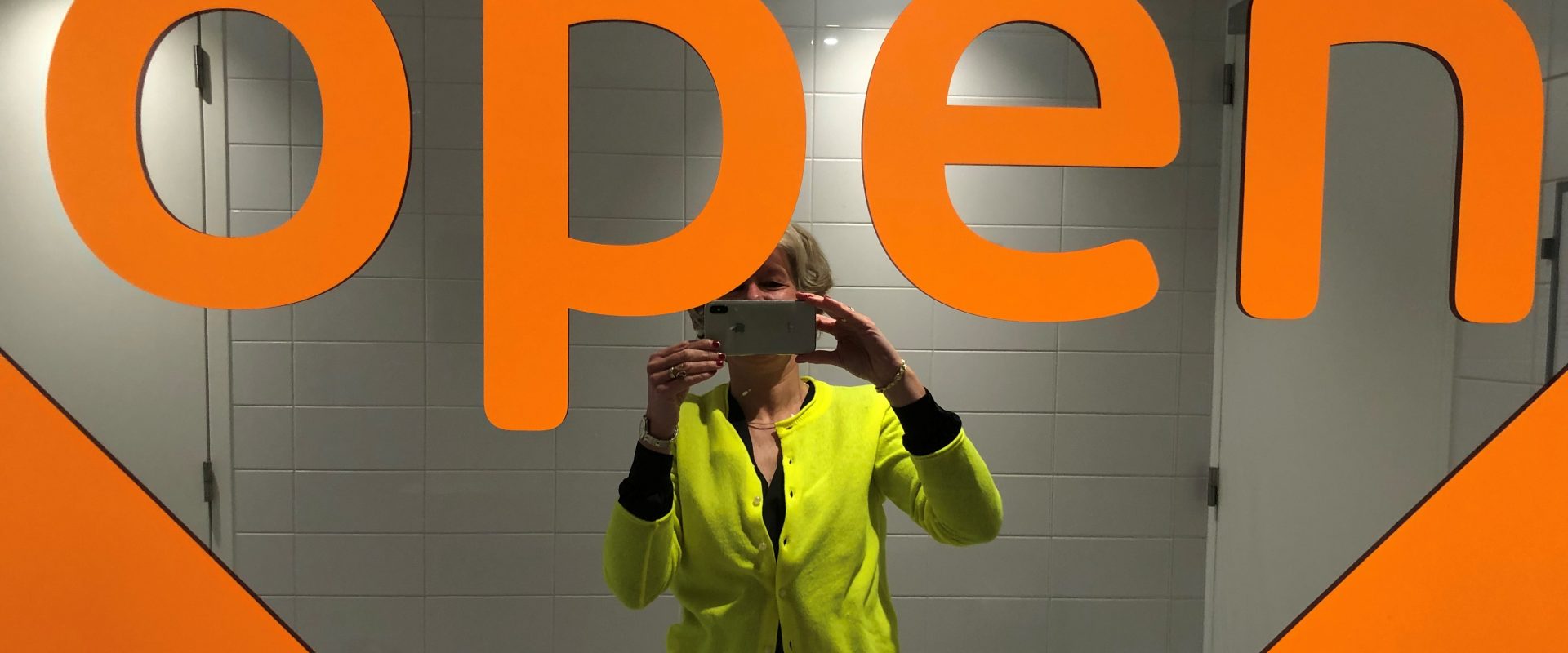Diversity is the latest buzzword. Whether you are a professional, a company or a government body: all of us are expected to have an opinion, or much rather an outlook on diversity. I can see why. Predicting that the future will be ‘diverse’, in any case more ‘diverse’ that it is now, is a safe bet. And the big question is of course: what do we have to do, and give up, to successfully be a part of this diverse future?
I fully embrace that future and the concept of diversity, and I enjoy nothing more than bringing together people of different backgrounds, ages and personalities to work as a team. That is precisely why I keep a vigilant eye on people that, in my opinion, abuse the term ‘diversity’. When diversity becomes an artificial mold, a straight jacket of percentages, we are not breaking down prejudice and exclusion, but reaffirming it. Instead of truly seeing an individual and their unique set of traits, now a politically correct ratio or allocation determines whether someone will be in or out, because of the group they belong to.
At that point we are just fighting discrimination with more discrimination. That doesn’t get us anywhere.
Diversity is more that an Abacus. It is about the power of individual differences. About acknowledging those differences. And about investing in those differences. People do not only differ in skin tone or cultural background, but also in education, age, character and talent and all these aspects contribute to diversity. In my own company, when someone shows talent for being precise and isn’t that good with words, I will mostly focus on nurturing that aptitude for accuracy to make him or her stronger. And vice versa, I will stimulate someone who is verbally strong and lacks in the accuracy department, to develop an even better way with words.
Diversity is not a preset route to a prescribed desired end result. It can only be achieved through the continuously focusing on, trusting in and nurturing of individual talents of team members, regardless of their skin tone or background.
And yes, when I look at all those white, male, interchangeable middle aged men that are reigning over multinationals right now, and at the tunnel vision that they collectively suffer from, I get it that the concept of celebrating and nurturing differences has not yet landed everywhere.
But driven and optimistic as I am, I say: ‘oh well, the mono culture is just sputtering a bit.’
